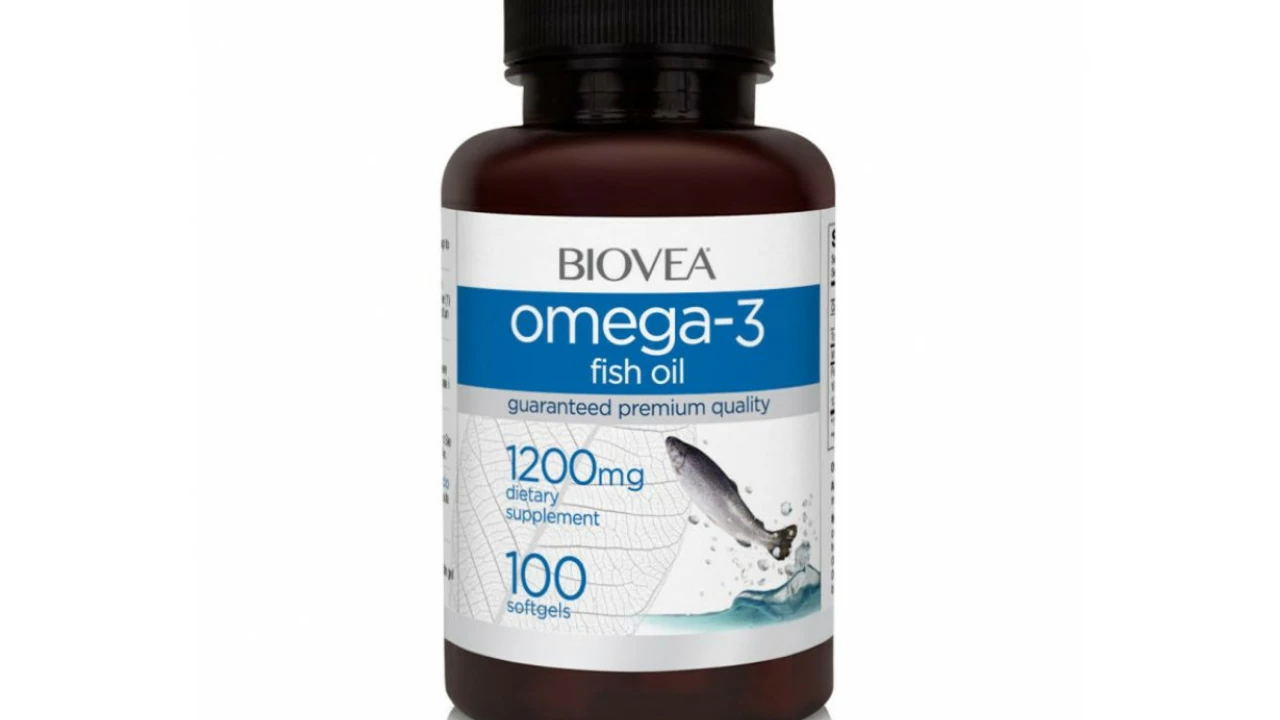Phenylalanine: What It Is and Why It Matters
Phenylalanine is an essential amino acid your body uses to build proteins and to make neurotransmitters such as dopamine and norepinephrine. You get it from food—meat, fish, eggs, dairy, nuts, and some seeds—and your body can convert it into tyrosine when needed. Most people meet their needs through a regular diet, but some consider phenylalanine supplements for mood, focus, or to support protein intake.
Who should be careful?
People with phenylketonuria, or PKU, must avoid phenylalanine entirely because they cannot process it properly. That condition is usually diagnosed at birth through newborn screening. If you have PKU, always check labels and avoid products containing aspartame, since it releases phenylalanine. Also talk to your doctor before using supplements if you take antidepressants, especially MAO inhibitors, or if you have high blood pressure.
How much and where from. Real food is the safest source: a palm-sized portion of meat or fish and a serving of dairy usually give plenty. Common supplement doses range from 500 mg to 2,000 mg per day, but most people don’t need extra. If you choose to supplement, start low and watch for changes in mood, sleep, or blood pressure. Pregnant or breastfeeding women should only use phenylalanine under medical advice.
Signs of too much or too little. A deficiency is rare but might reduce appetite and lower alertness in extreme cases. Too much phenylalanine can cause headaches, anxiety, or jitteriness in sensitive people. If you notice new symptoms after starting a supplement, stop and consult your healthcare provider.
Practical tips for everyday life
Read labels on processed foods and low-calorie drinks for aspartame, which adds extra phenylalanine. Choose whole foods to balance amino acids naturally. If you follow a vegan or vegetarian diet, combine legumes, grains, nuts, and seeds across the day to meet essential amino acid needs without relying on supplements. For athletes chasing gains, prioritize overall protein intake rather than one amino acid.
Questions to ask your clinician. Do I need a blood test for phenylalanine or tyrosine levels? Could phenylalanine supplements interfere with my medications? Is there a safer dose for my age and health conditions? Clear answers here will help you avoid problems and use supplements only when they truly add benefit.
Look for aspartame warnings on diet sodas, sugar-free gum, and tabletop sweeteners — brands often list 'contains phenylalanine' on the label. Protein powders and pre-workout mixes can add extra amounts, so read ingredient lists if you track intake. Buy supplements from brands that use third-party testing like USP or NSF when possible. Kids need much lower doses, so never give adult supplements to children without medical approval. When in doubt, your pharmacist can quickly check interactions with your prescriptions.
If you want more detailed guides, search our site for related posts about amino acids, supplements, and safe pharmacy options. We cover real user experiences, treatment alternatives, and tips for buying meds and supplements safely online. Stay curious and keep asking questions every time.
I recently came across the incredible benefits of Phenylalanine, a must-have dietary supplement that can truly change your life. This essential amino acid not only helps our body to create proteins, but it also aids in the production of essential brain chemicals like dopamine and norepinephrine. I've found that incorporating Phenylalanine into my daily routine has greatly improved my mood, focus, and overall cognitive function. Plus, this powerful supplement has also been known to help with pain management and even weight loss. Trust me, you don't want to miss out on the life-changing benefits of Phenylalanine!

